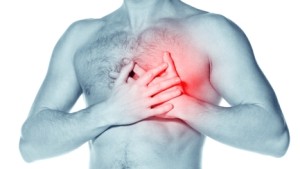
Singaporean mechanic supervisor Stanley Siow, 45, had a heart attack at the end of January, on the first day of the Chinese New Year. He had been gorging on goodies and drinking with his friends on New Year’s Eve and, at 4pm the next day, he had sudden sharp chest pains and profuse sweat when he climbed a flight of stairs. He was rushed to hospital, and needed an emergency angioplasty.
According to a study, published in the reputable journal Circulation in 2004, 5% more deaths are to be expected during the two weeks between Christmas Day and the seventh of January. This was based on an examination of 53 million American death certificates from 1973 to 2001, and showed that the spike occurred even in balmy areas such as Los Angeles, where the winter weather tends to be mild. This undermined previous notions that colder weather is the wellbeing risk that causes this higher death rate, and so the researchers surmised that other reasons, such as poorer staffing levels during the festive season, were behind the spike.
However, heart attacks are not only more likely in the two holiday weeks, but on any festival or religious occasion. Heart Health Experts believe this is because people are in a more celebratory mood, leading to over-consumption of food and alcohol. Also, if you are admitted to hospital before a certain holiday, you are more likely to get yourself discharged early, before your body has fully recovered. This means that you also have a higher chance of being re-admitted to hospital and could experience a poorer outcome.
Also, the busyness of the holidays makes people less likely to seek treatment for any symptoms they may experience, causing them to worsen. According to Dr Goh Ping Ping, a cardiologist in private practice and a board member of non-profit Singapore Heart Foundation, said this is especially common practise for the elderly, who put off treatment for as long as possible during the holiday season, and become more ill as a result.
